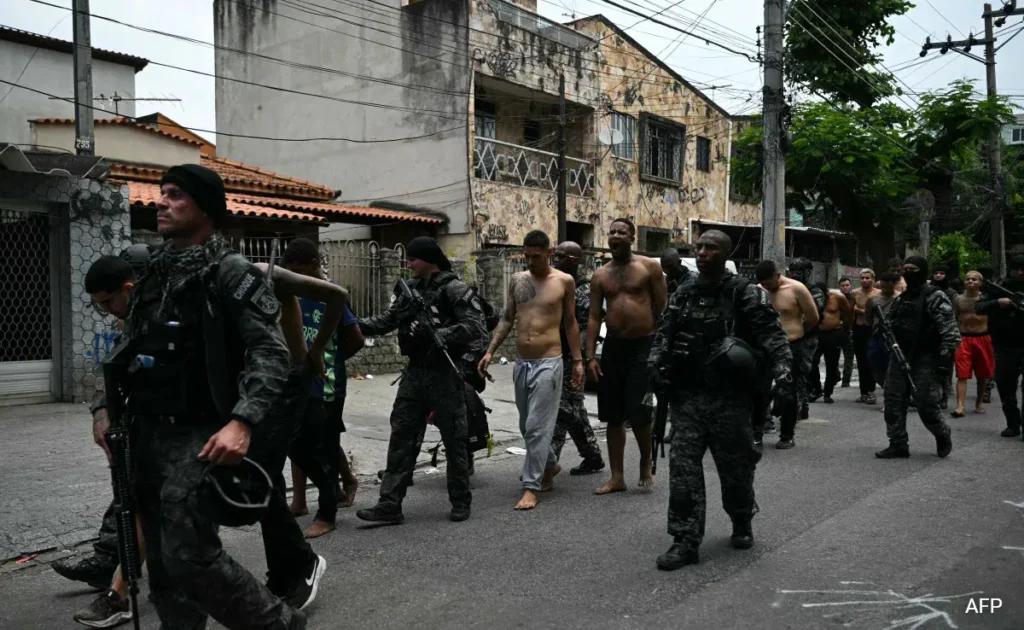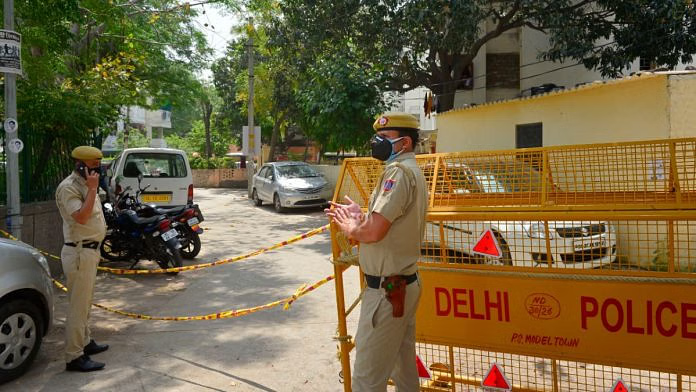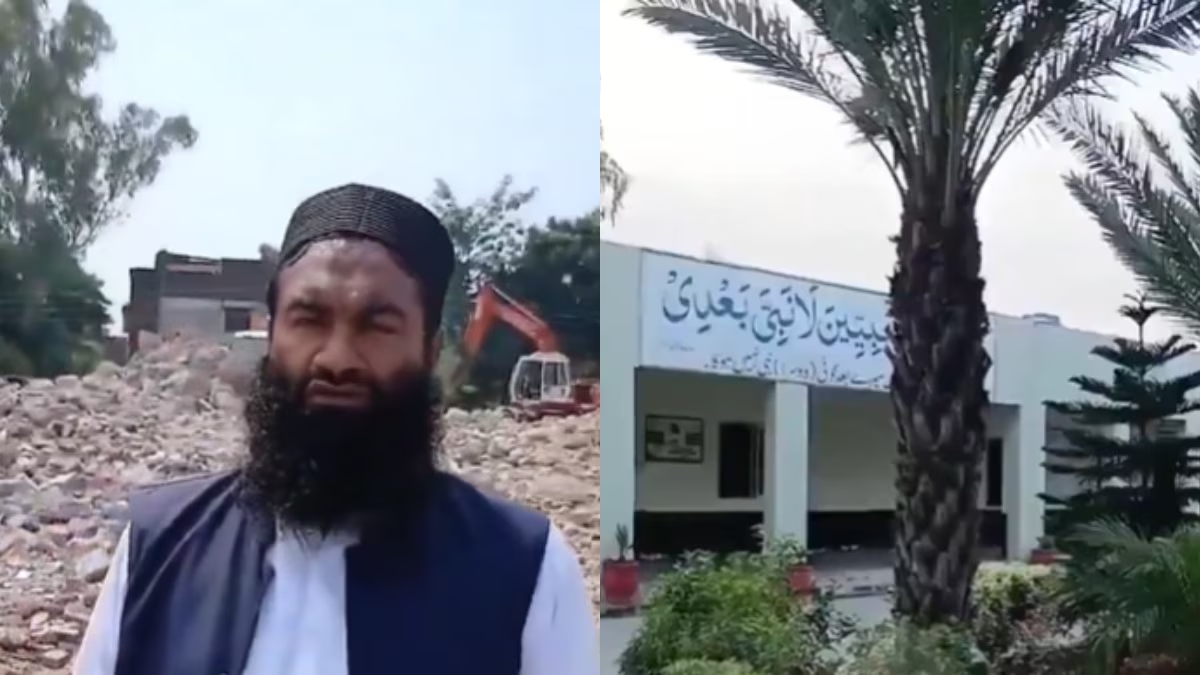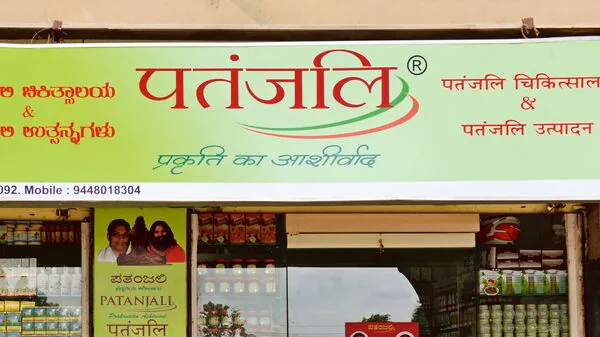Now Reading: Mehbooba Mufti Appeals to Amit Shah for Compassionate Review of Yasin Malik’s Case
-
01
Mehbooba Mufti Appeals to Amit Shah for Compassionate Review of Yasin Malik’s Case
Mehbooba Mufti Appeals to Amit Shah for Compassionate Review of Yasin Malik’s Case
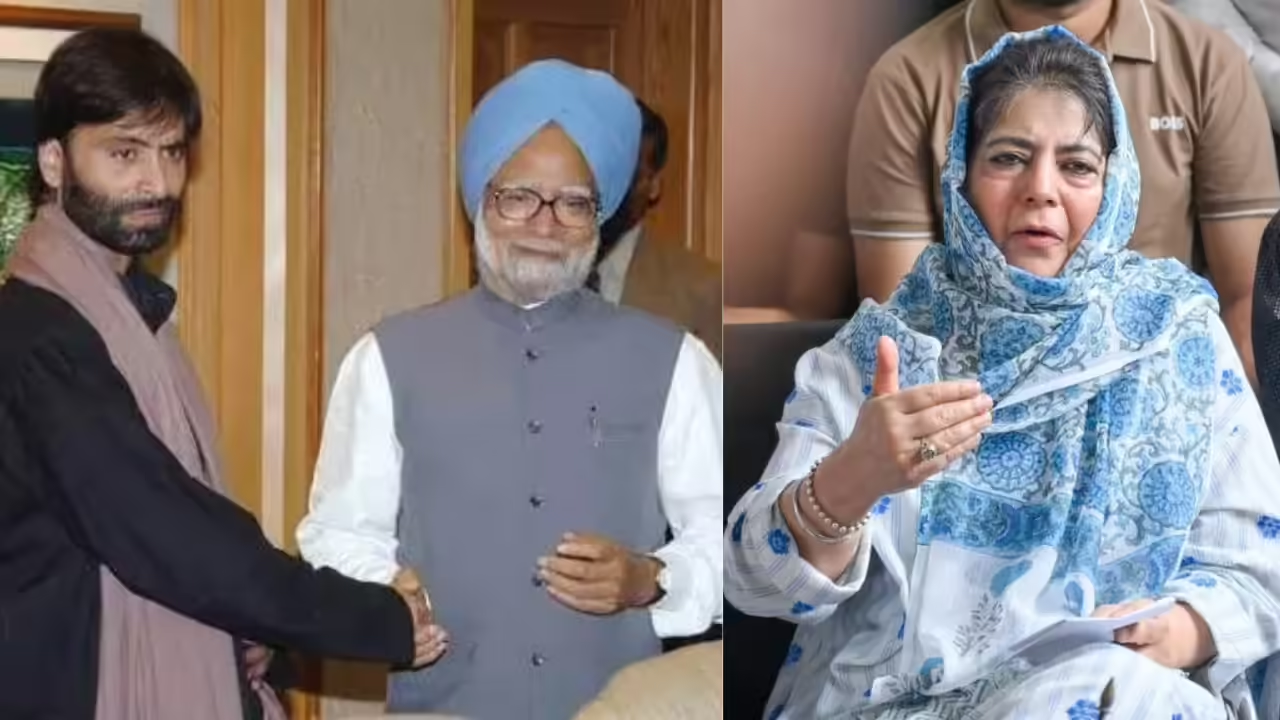
Former Jammu and Kashmir Chief Minister Mehbooba Mufti has written to Union Home Minister Amit Shah, urging a compassionate and urgent review of the case against separatist leader Yasin Malik. Despite Malik’s involvement in the 1989 kidnapping of Mufti’s sister, Rubaiya Sayeed, Mufti emphasizes Malik’s subsequent renunciation of violence and his commitment to non-violent political engagement.
Background of Yasin Malik’s Case
Yasin Malik, leader of the Jammu and Kashmir Liberation Front (JKLF), was involved in several militant activities during the late 1980s and early 1990s, including the abduction of Rubaiya Sayeed. He was arrested in 2019 and sentenced to life imprisonment in 2020 for terror funding and conspiracy charges. Malik has since claimed to suffer from serious health issues, including cardiac and kidney ailments.
Mehbooba Mufti’s Appeal
In her letter, Mufti acknowledges the severity of Malik’s past actions but appeals for leniency, highlighting his shift towards non-violence. She notes that Malik’s decision to lay down arms in 1994 was influenced by backchannel discussions with Indian agencies. Mufti urges Shah to consider Malik’s transformation and the potential for reconciliation in the region.
Political Reactions
Mufti’s appeal has sparked varied responses. Supporters view it as a step towards healing and dialogue, while critics argue it overlooks the gravity of Malik’s past actions. The case continues to be a point of contention in the ongoing discourse on justice and reconciliation in Jammu and Kashmir.
Conclusion
Mehbooba Mufti’s letter to Amit Shah represents a call for a balanced approach to justice, considering both the past and the potential for future peace. As discussions continue, the case of Yasin Malik remains a significant aspect of the broader conversation on conflict resolution in Jammu and Kashmir.








